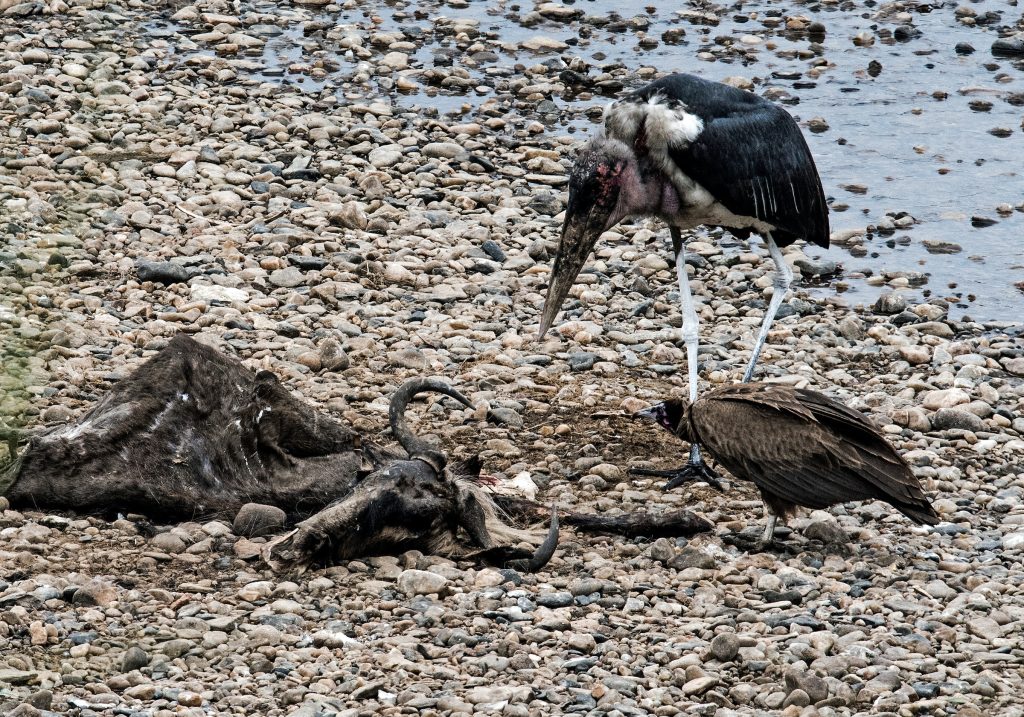
Rivers in Distress: How Climate Change is Reshaping Africa’s Waterways
Across the vast and diverse landscapes of Africa, rivers have always played a pivotal role. They serve as lifelines for communities, ecosystems, and economies. However, a recent study by a group of international volunteers reveals that these vital waterways are undergoing alarming transformations due to climate change, with consequences that ripple across the continent.
A Voyage of Discovery
Earlier this year, a dedicated team of volunteers embarked on a journey to study Africa’s prominent rivers. Their mission: to understand the profound impacts of a changing climate on these aquatic ecosystems and the millions who rely on them.
From the winding Nile in the north to the mighty Limpopo in the south, these volunteers navigated diverse terrains, interacting with local communities, collaborating with African scientists, and meticulously documenting their observations.
Vanishing Waters and Shifting Sands
One of the most striking findings was the reduction in river volumes. Rivers like the Zambezi and Niger have seen decreased water levels, with locals recalling times when their banks were once full and teeming with life. Dwindling rainfall, prolonged droughts, and increased evaporation rates, all hallmarks of climate change, contribute to these diminishing waters.
But it’s not just about receding waters. In regions like the Sahel, desertification is creeping in, transforming once fertile riverside lands into barren stretches of sand and dust. These shifting sands, driven by erratic rainfall patterns and exacerbated by human activities like deforestation, are changing the very course of some rivers.
Ecosystems on the Brink
A continent rich in biodiversity, Africa’s rivers are home to a plethora of species, from the iconic Nile crocodile to various fish that sustain local communities. But as these waters warm due to rising global temperatures, aquatic habitats are at risk.
Fish species, particularly those requiring cooler waters, are facing existential threats. Reduced catches not only impact the biodiversity of these rivers but also the livelihoods of countless fishermen.
The repercussions extend beyond the rivers. Reduced river flow impacts wetlands, which act as natural water filters and provide habitat to diverse species. As these wetlands dry up or become saline, migratory birds lose vital resting spots, and endemic species face habitat loss.
Communities in the Crosshairs
For millennia, rivers have been central to African communities for sustenance, transportation, and cultural practices. Now, many find their way of life under threat.
Farming communities who rely on rivers for irrigation face unpredictable farming seasons, with crop yields plummeting due to erratic water availability. In regions where rivers are the primary source of potable water, communities grapple with increased water scarcity.
Moreover, as resources dwindle, there’s a palpable rise in conflicts among communities vying for what little remains. These localized conflicts sometimes escalate, threatening the peace and stability of entire regions.
Looking Ahead
While the challenges are daunting, the journey of these volunteers has also been one of hope and resilience. Across Africa, communities are innovating and adapting. Rainwater harvesting, reforestation drives, and sustainable farming practices are sprouting across the continent.
Collaborative efforts between African nations and international allies, bolstered by the findings of studies like this one, are gaining momentum. There’s a renewed emphasis on data-driven, localized solutions that address both the ecological and socio-economic aspects of the crisis.
As the sun casts long shadows over Africa’s rivers, the story unfolding is not just of change but of adaptation, innovation, and an unwavering spirit. Africa, with its rich tapestry of cultures, communities, and ecosystems, is showing the world that even in the face of adversity, with unity and purpose, challenges can be surmounted.
©eco-guardians.org